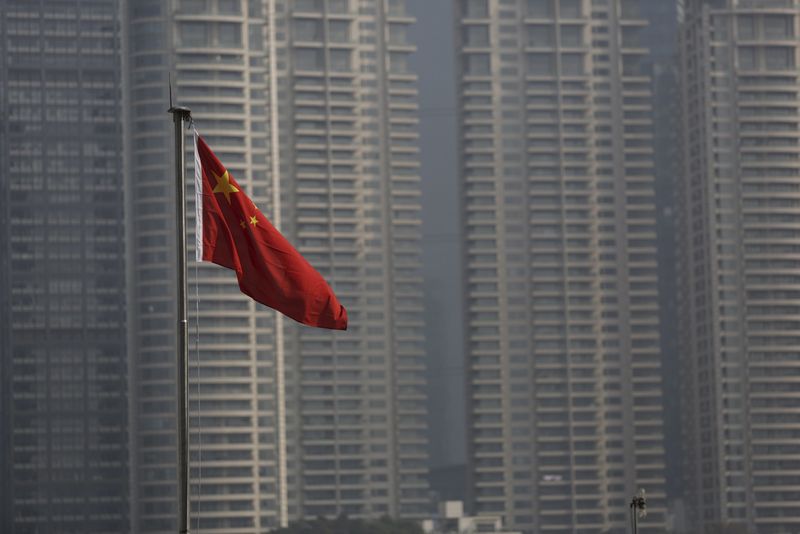By Geoffrey Smith
Investing.com -- Chinese ADRs rallied in premarket trading on Wednesday after two key business surveys showed activity in the world’s second-largest economy picking up quickly after the end of COVID-19-related lockdowns.
Both the official manufacturing purchasing managers index, which tracks mostly large state-owned enterprises, and the Caixin PMI which tracks smaller privately-owned manufacturers rose by more than forecast to levels indicative of robust growth.
The official PMI rose to 52.6, its highest in a decade, while the Caixin PMI rose to 51.6 from 49.2 in January. The official non-manufacturing PMI rose to an even more bullish 56.3.
Alibaba (NYSE:BABA) ADRs rose 5.5%, while Baidu (NASDAQ:BIDU) ADRs rose 6.2%, and JD.com (NASDAQ:JD) ADRs rose 4.7%, all reflecting their exposure to the broader domestic economy.
Meanwhile, in Hong Kong, which is host to some of China’s biggest construction and technology stocks, the benchmark Hang Seng index rose 4.2%, its biggest daily gain since early January.
ADRs in electric vehicle makers suffered mixed fortunes, however. While the PMIs indicated that the overall demand backdrop in the world’s biggest EV market is improving, Nio (NYSE:NIO) ADRs fell 4.2% after disappointing with its fourth-quarter results.
Li Auto (NASDAQ:LI) ADRs went in the other direction, rising 3.8% thanks to better-than-expected guidance for the current quarter and strong delivery numbers for the last three months of 2022.
XPeng (NYSE:XPEV) ADRs, were also up 0.7% in premarket trading.
The EV sector is enjoying a degree of relief from the sharp fall in lithium prices in recent weeks. That promises to reverse some of the massive increases in battery prices that the sector has had to absorb over the last year, bolstering profit margins.
